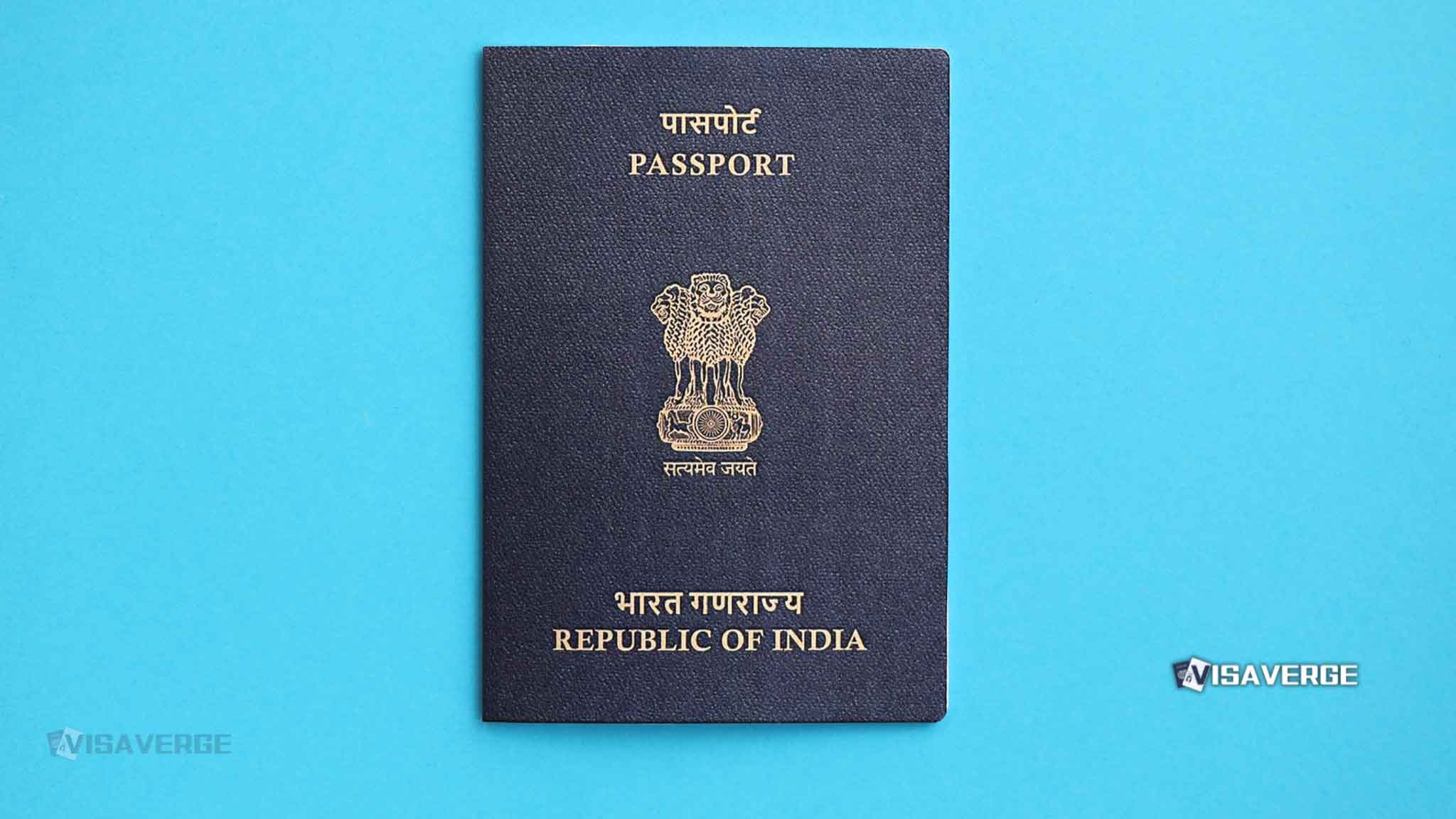Key Takeaways
• Aspen/Pitkin County Airport has the highest stress score: 4.95 out of 10 nationwide.
• Nearly 9% of flights from Aspen are canceled, leading to major passenger disruptions.
• Average departure delays at Aspen exceed 45 minutes, impacting connections and travel plans.
Aspen/Pitkin County Airport has earned a reputation this year that few would envy: it stands as the most stressful airport in the United States. A recent and thorough study, released just as the busy Memorial Day travel period approaches, shows that for many travelers heading to or from this scenic Colorado destination, stress and uncertainty are all too common. The research, built on data from 384 airports nationwide, helps explain just why Aspen/Pitkin County Airport ranks at the very top for traveler stress—and what it means for those flying in and out of Colorado, as well as travelers and airport workers across the country.
Study Reveals America’s Most Stressful Airports

Who is behind these new rankings? Teams of travel researchers gathered information on nearly every airport in the country, looking for the best and worst places for flight experience. Their goal was simple: help travelers understand where problems like delays, cancellations, and crowded terminals are most likely. After weighing five key elements for each airport, the researchers gave each one a “stress score” — an easy way for travelers to judge where flying might be smooth or where it could be a headache. Aspen/Pitkin County Airport came in at the top with a stress score of 4.95 out of 10, officially the worst in the country.
The full study used these five stress indicators:
– Total number of passengers
– Average departure delays
– Cancellation percentages
– Average arrival delays
– Google ratings given by travelers
Each of these counted for 20% of the final stress score, meaning problems with just one or two categories could weigh an airport down significantly.
Aspen/Pitkin County Airport: Numbers That Tell the Story
It’s not just one or two bad days that placed Aspen/Pitkin County Airport at the top of the list. Several ongoing challenges combine to create consistent stress for travelers and staff alike:
- Flight Cancelations: Nearly 9% of all flights from Aspen/Pitkin County Airport are canceled. This rate is much higher than at most airports and stands out as a main reason for the airport’s high stress score.
- Delays: Travelers departing from Aspen can expect to wait. Average departure delays are over 45 minutes, which means many people miss connections or spend a long time in the terminal.
- Passenger Volume: Each year, the airport serves about 250,000 passengers. While this isn’t as high as enormous hubs like Atlanta or Los Angeles, the number is still enough to cause crowding and sometimes long waits, especially during ski season or holidays.
- Consistently Poor Marks: According to the study, Aspen’s scores were low in all areas measured—not just cancelations or delays, but also arrival delays and Google ratings.
For visitors familiar with Aspen’s mountain beauty and world-famous ski slopes, these numbers may be surprising. Many expect this small airport to offer a quick and easy experience. But as the data shows, the reality is more stressful.
VisaVerge.com’s investigation reveals that these patterns can have a ripple effect beyond just bad moods at the terminal. Delays and long waits can lead to missed connections, extra hotel stays, and even lost business opportunities for visitors and residents alike. Workers at the airport also feel the pressure when traveler frustrations rise, and frequent delays may make it harder to retain skilled airline or airport staff.
Cancellation Percentages and Stress: Why They Matter
Among the statistics, cancellation percentages play a key role in the ranking. Aspen/Pitkin County Airport’s nearly 9% cancellation rate means that out of every 100 scheduled flights, almost nine do not take off. This not only creates immediate stress for passengers but also causes complications for ground transportation, baggage handling, and schedules for follow-up flights.
Canceled flights can force travelers to scramble for new tickets, rearrange hotel bookings, and communicate with family, friends, or business contacts about delays. For people traveling for special occasions or business meetings, this can mean missing out entirely.
The high cancellation percentages in Aspen are likely due to a mix of geographic and weather challenges. Surrounded by high mountains and subject to sudden weather changes, flying in and out of Aspen can be tricky even for experienced pilots. The tough local conditions limit flight paths and create risks that sometimes force airlines to cancel flights for safety.
Delays: A Growing Concern for Small Airports
Departure delays at Aspen/Pitkin County Airport are another sore spot. With average delays exceeding 45 minutes, travelers often find themselves waiting, sometimes with little warning or explanation.
It’s worth noting that smaller regional airports, not just Aspen, make up most of the country’s most stressful places to fly. This may surprise some who think big city airports with their crowds and long security lines are the most difficult. The study’s findings show the opposite: it’s often the small, regional gateways that create the most headaches for travelers.
Some other high-stress airports and their scores include:
– Watertown International Airport (New York): Stress score of 4.68, with an 8.8% cancellation rate and arrival delays averaging almost 38 minutes.
– Hagerstown Regional Airport (Maryland): Stress score of 4.65, notorious for departure delays that stretch over 106 minutes on average—the longest in America.
– Chippewa Valley Regional Airport (Wisconsin): Stress score of 4.49, with more than an hour’s arrival delay on average (69.27 minutes).
– Houghton County Memorial Airport (Michigan): Stress score of 4.33, combining a 6.5% cancellation rate with tough delays before takeoff.
Each of these airports, despite serving far fewer passengers than hubs like Los Angeles or Chicago, regularly presents tough travel experiences for their users.
The Outlier: Atlanta’s Hartsfield-Jackson
Not every airport on the “stressful” list is small. Atlanta’s Hartsfield-Jackson International Airport, known as one of the world’s busiest, is the only major hub to break into the top ten stress scores. Ranking ninth with a score of 4.12, Atlanta’s crowded terminals, security lines, and frequent summer storms combine to test even the most seasoned travelers.
For many, this underlines that no airport—regardless of size or reputation—is immune from stress during peak times or bad weather.
Context: Memorial Day and Beyond
The release of this study just before Memorial Day is no coincidence. This late-spring holiday weekend is often one of the busiest in the U.S. for flights and road trips. Many families and adventure seekers head to destinations like Aspen, hoping for a fresh start to summer or one last look at the mountains before the snow disappears.
For those planning to use Aspen/Pitkin County Airport around Memorial Day, the study’s results are especially relevant. Expecting possible delays, watching the weather closely, and preparing for potential disruptions may help reduce the impact of sudden changes in travel plans.
Airport managers and local officials are likely to take these rankings seriously, as tourism plays a big role in Aspen’s economy. Consistent travel stress could lead to fewer return visitors, so there’s urgency to find ways to improve results—whether that means more staff, better communication, or investments in runway and weather technology.
Why Small Airports Struggle
It’s important to consider why smaller airports so often top the list of stressful places to fly. Factors include:
- Fewer Runways and Backup Options: If something goes wrong on a single runway, every flight that day could be disrupted.
- Weather Risks: Airports like Aspen/Pitkin County Airport face unique weather threats due to their high-altitude and mountain locations.
- Smaller Staff and Resources: Limited staff numbers can make it tough to handle big crowds or recover after a canceled flight.
Travelers should remember that not all delays and cancellations are within local control. Safety must always come first, especially at high-altitude airports where weather can change in minutes.
Traveler Tips and What to Expect
For anyone using Aspen/Pitkin County Airport or other regional airports on this list, there are steps you can take to lower your travel stress:
- Arrive Early: Especially during busy periods like holidays or winter weekends.
- Check Flight Status Appear Regularly: Weather in mountain regions changes fast. Set up alerts or check with your airline.
- Prepare for Long Waits: Bring snacks, water, and light entertainment—departure delays can stretch for an hour or more.
- Have a Backup Plan: If your flight is canceled, know your airline’s policies or possible alternative routes. You can often find more details on air travel rights and airport delays on the U.S. Department of Transportation’s official page.
Making these preparations can’t stop all problems, but being ready helps lower the shock if your flight is canceled or delayed unexpectedly.
How the Stress Score Can Help Airlines and Passengers
For airlines, seeing these stress scores and understanding cancellation percentages and frequent delays may encourage investment in better weather monitoring, staff training, and customer support. For local economies reliant on tourist travel, happier visitors mean better reviews and more return business.
Travelers, meanwhile, can use stress scores to pick flights that fit their own tolerance for risk: some might trade a little extra stress for access to top ski slopes, while others would prefer a smoother trip even if it means more travel time on the ground.
Longer-Term Solutions and Local Responses
Airport officials in Aspen and other high-stress locations are expected to look closely at these results. Changes might include:
- Adding staff during peak times to speed up check-ins and boarding
- Using better technology to predict weather and keep flights safe and on time
- Improving communication about possible delays or cancellations
As more people review these annual travel rankings, pressure will likely increase on small but busy airports to deliver better experiences. Local officials and travel industry leaders may also use these findings when planning improvements or asking for funding.
A Caution for Immigrants and International Travelers
For immigrants, visa holders, or international visitors passing through Aspen/Pitkin County Airport, these travel headaches can have extra consequences. Missed connections and canceled flights might impact appointments with immigration officials, job interview dates, or visa renewal deadlines. It’s smart to factor in generous buffers when booking flights for time-sensitive appointments related to legal or government paperwork.
As reported by VisaVerge.com, reliable travel planning is essential for anyone with important deadlines connected to immigration, school admissions, or business schedules. While the mountains of Colorado offer some of the country’s best scenery, travelers should be ready for the real chance of unwanted surprises at the airport.
The Bottom Line: Planning Ahead Makes a Difference
The new study’s message is clear. Aspen/Pitkin County Airport tops the list of most stressful U.S. airports, with a stress score of 4.95 out of 10, high cancellation percentages, and long departure delays challenging travelers year-round. For anyone flying through Colorado’s elite ski country or using any of the other high-stress regional airports, a little extra planning and patience can go a long way.
Whether you’re a lifelong local, a tourist, or an immigrant arriving for the first time, knowing what to expect helps you focus on your destination rather than travel frustration. For more details about your air travel rights and official guidance, check the resources from the U.S. Department of Transportation. By staying informed and prepared, you can turn a stressful airport experience into a manageable part of your journey.
Learn Today
Stress Score → A measurement calculated from delays, cancellations, passenger volume, and traveler reviews showing how stressful an airport can be.
Cancellation Percentages → The ratio of scheduled flights that are canceled at an airport, affecting travel plans and connectivity.
Departure Delays → Average time flights are delayed before leaving the airport, used to assess punctuality and passenger inconvenience.
Passenger Volume → The total number of people traveling through an airport within a year, influencing crowding and wait times.
Regional Airport → A smaller airport that primarily serves local or nearby destinations rather than international or major domestic routes.
This Article in a Nutshell
Aspen/Pitkin County Airport ranks as America’s most stressful, with frequent cancellations and long delays. A stress score of 4.95 out of 10 reveals significant challenges, especially for travelers during busy seasons. Delays and high cancellation percentages affect tourists, residents, and airport staff alike, highlighting the importance of advance planning.
— By VisaVerge.com
Read more:
• Washington state man Maximo Londonio detained at Seattle-Tacoma airport
• American Airlines adds flights at Kansas City International Airport for NFL Chiefs fans
• 17-year-old girl missing after arriving at Bundaberg Airport
• Shannon Airport Unleashes Biggest U.S. Summer Flight Push
• Shannon Airport restores summer flights to New York and Chicago













